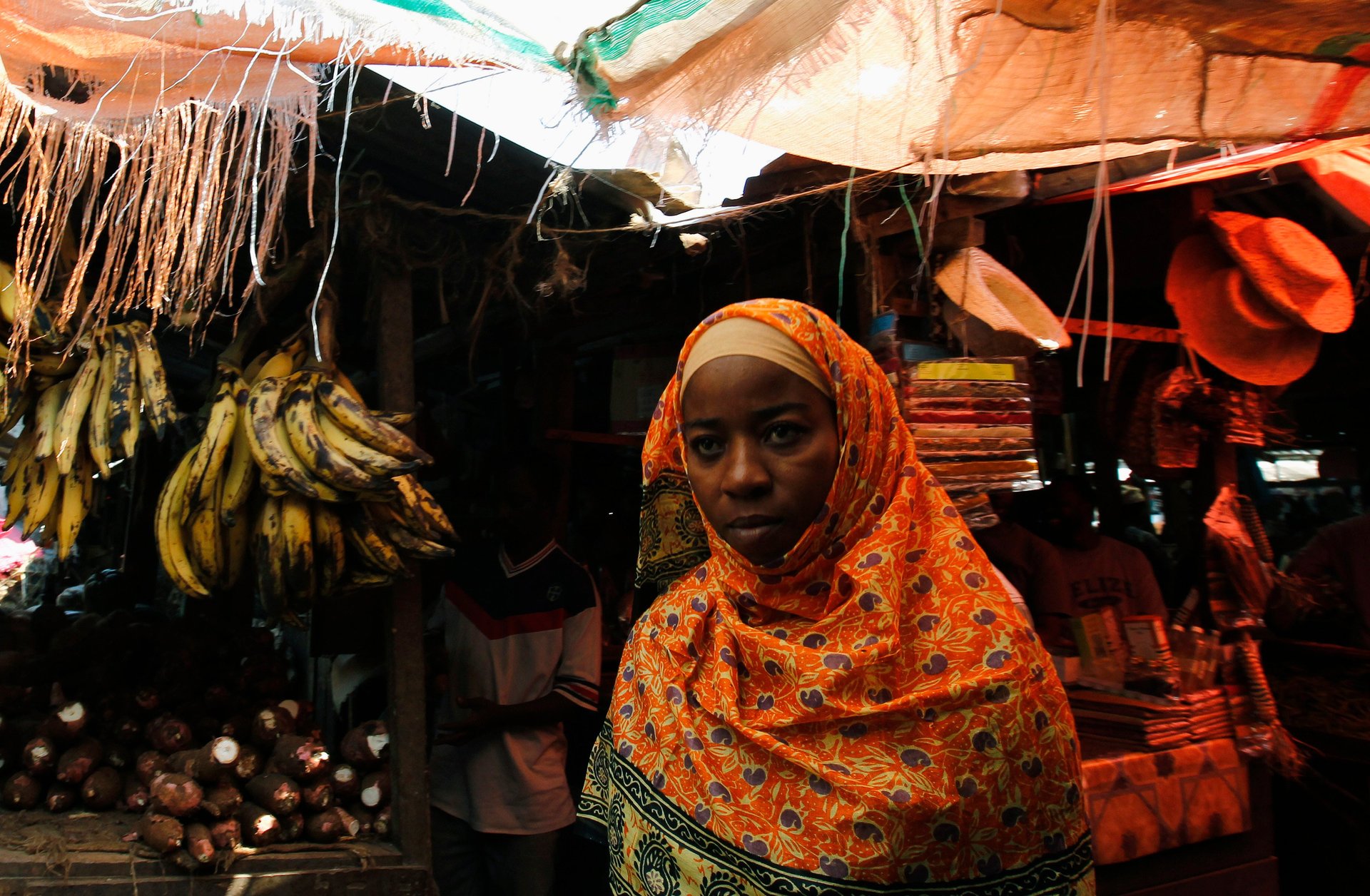Tanzania’s new mobile money tax is a blow to the booming sector
A new government levy on mobile money introduced last month in Tanzania has sparked outrage from citizens due to the significant increase in costs. With 26 million people, almost half the country’s population, using mobile money the surge in prices has been felt widely.


A new government levy on mobile money introduced last month in Tanzania has sparked outrage from citizens due to the significant increase in costs. With 26 million people, almost half the country’s population, using mobile money the surge in prices has been felt widely.
The tax, which has increased the cost to send, withdraw, and transfer money to the bank, was met with uproar from customers. As a result, the government has agreed to review the charges. Dr. Mwigulu Nchemba, the Finance and planning minister said that the president heard people’s complaints and has instructed the government to review the law. No changes have yet been made.
Tanzania’s mobile money tax is a threat to the booming industry
Tanzania’s telecom companies noted an immediate change since the government introduced the levy. “Our revenues are dropping drastically because consumers are not using the service,” said Hisham Hendi, the chairman for Tanzania Mobile Network Operators Association and Vodacom Chief Executive. “The situation is not good at all.”
“Mobile money is an ecosystem. This tax will have unintended consequences along the supply chain for value-add services like microinsurance and payGo (pay as you go) services which are not possible without mobile money wallets,” said Mrusha Jones, Founder at Innovation Hub255. “The mobile money agents—wakala—will also be affected. They will get lower commissions if there are fewer transactions.”
The government is however downplaying the negative effects of the tax, claiming that while there has been a slowdown, the drop in transactions has been “minimal.”
Commenting on the new tax, GSMA told Quartz that they were concerned about the impact of the new levy on the affordability of mobile money services and the adverse knock-on effects on financial inclusion in Tanzania.
Before the tax was introduced, Tanzania’s mobile money industry was booming. In 2019, a total of 9.5 trillion shillings ($4 billion) was transacted through the system. The number of mobile money accounts stood at nearly 26 million in December 2019, while the market size has been valued at US$45.5 billion.
Initially used to send and receive money, mobile money has since become the backbone of a broad range of public services, including health, education, and social protection. However, with the Covid-19 pandemic hitting Tanzania’s economy hard, the government introduced the tax in an effort to raise its revenue collections to finance the 2021/2022 national budget.
The levy increases prices between $0.0043 and $4 on mobile money transactions, depending on the amount sent and withdrawn. A calculation of the charges indicate that sending Sh1 million ($430) to someone and having the money withdrawn will cost a total of Sh31,000 ($13) if all the current and new charges are added up.
With 26.1% Tanzanians living below the poverty line (equal to $1.35 per person per day in purchasing-power-parity terms), the new tax is a significant blow. In particular, those living in rural parts of the country, where it is typically harder to access formal banking, will be affected. In east Africa, 45% of all ‘key users’ in Uganda, Tanzania, and Kenya live in rural areas.
There are also concerns the levy will hinder the growth of the country’s business and startup ecosystem.
“The new government tariffs have really affected online businesses because the cost is increasing for the customer. Those living in Dar es Salaam now prefer to visit my shop and pay in cash, but I have lost customers in other regions,” explains Anastasia Newman Goronga, founder of Aromatherapy Tanzania. “The cost might look minimal, but it is a large amount for small businesses.”
Zahoro Muhaji, the CEO of the Tanzania Startup Association, added that “mobile money is very important for startups in Tanzania. Almost 90% of businesses opt to receive payments through mobile money, as it is more efficient than cash or bank payment.”
“The impact has already been felt and if it stays this way startups will be affected badly. Some have already felt the pinch,” he said.
More African countries are raising taxes on mobile money during the pandemic
Tanzania is not the first country in sub-Saharan Africa to tax mobile money. Uganda, Democratic Republic of Congo, Malawi, and Cote D’Ivoire similarly introduced taxes which were met with public outcry. In Uganda, a 1% tax increase was reduced to 0.5% after complaints. Several months after it was introduced, the overall industry transaction values had dropped by 24%.
It is yet to be seen whether Tanzania will follow in the footsteps of other countries that have amended the taxation. While the government is expected to share the outcome of their review on the new levy in August, Tanzania’s mobile money customers wait eagerly for answers.
The story was updated to include Mrusha Jones’ quote.
Sign up to the Quartz Africa Weekly Brief here for news and analysis on African business, tech, and innovation in your inbox.